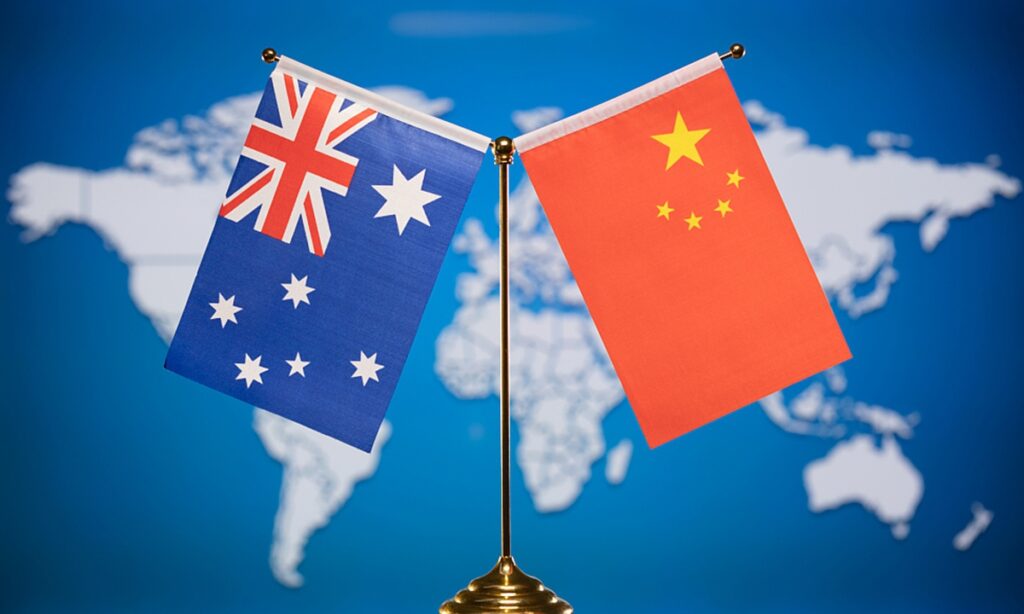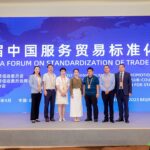Business circles and observers of the bilateral relationship said on Tuesday they’re cautiously optimistic, given that the ruling Albanese government still faces mounting pressure from the West when China is concerned.
An Australian delegation with representatives from industry, government agencies, academia and the media has arrived in Beijing for the 7th Australia-China High-Level Dialogue with their Chinese counterparts, which is scheduled for Thursday.
“This is first time the dialogue has been held since early 2020 and it represents another step toward increasing bilateral engagement and stabilizing our relationship with China,” Australian Minister of Foreign Affairs Penny Wong was quoted as saying in a media release from the Australian side.
Vaughn Barber, chair of the China-Australia Chamber of Commerce, told the Global Times on Tuesday in a note that “the dialogue complements the broader resumption of ministerial meetings and visits and is a positive step toward increasing engagement to stabilize the bilateral relationship.”
The recent flurry of visits by senior US and UK officials is a reminder that the intensity of engagement needs to be maintained, so improvement in the bilateral relationship does not lose momentum, Barber said.
“The Australian attendees include former ministers from both the Labor and Liberal parties, which could reflect Australia’s efforts in promoting ties with China via reaching bipartisan consensus,” Chen Hong, president of the Chinese Association of Australian Studies, told the Global Times on Tuesday.
Chen, who will attend the dialogue as a representative of academia, said that Thursday’s closed session will include candid exchanges, and Australian representatives are likely to test China’s bottom line in major issues.
“Trade and economic cooperation will become a priority during the session as it is the ballast stone of the bilateral relationship,” Chen said, noting that Canberra will put on the table such issues as removing tariffs on Australian wine, following a similar move on Australian barley.
In early August, China’s Ministry of Commerce announced plans to end anti-dumping and countervailing duties on barley imported from Australia.
China imposed anti-dumping duties from 116.2 percent to 218.4 percent on Australian wine in 2021 after investigations that were conducted “strictly based on relevant Chinese laws and WTO rules.”
Following the welcome announcement on barley, “we hope the meetings will help accelerate the removal of the remaining impediments to trade affecting other products including wine,” Barber said.
Beyond trade, there are numerous opportunities for collaboration between Chinese and Australian companies, Barber said, citing strong potential in green energy, green infrastructure, lithium-batteries and electric vehicles, where China could offer rich experience and expertise.
Representatives from the Australian tourism industry and education sector including Vicki Thomson, chief executive of the Group of Eight – the peak group for Australia’s highest-ranked universities – are also on the Australian delegation list, according to a media release.
It indicated that Australia is ramping up efforts to attract more students and tourists from China to bolster its industries that were dampened during the pandemic, according to Chen.
Whether the dialogue delivers tangible results, the move itself sends a positive signal that fraught bilateral ties are improving and could be pushed forward a further step, Chen noted.




